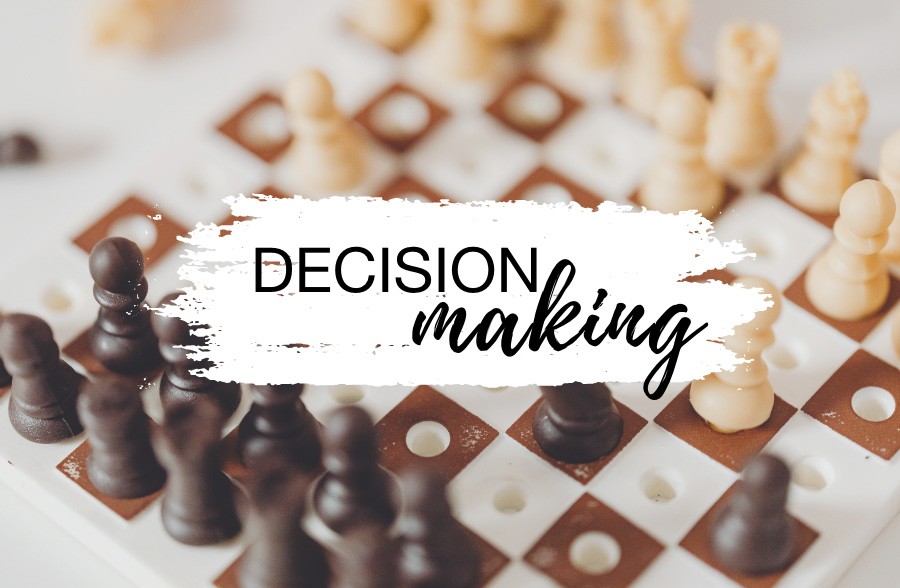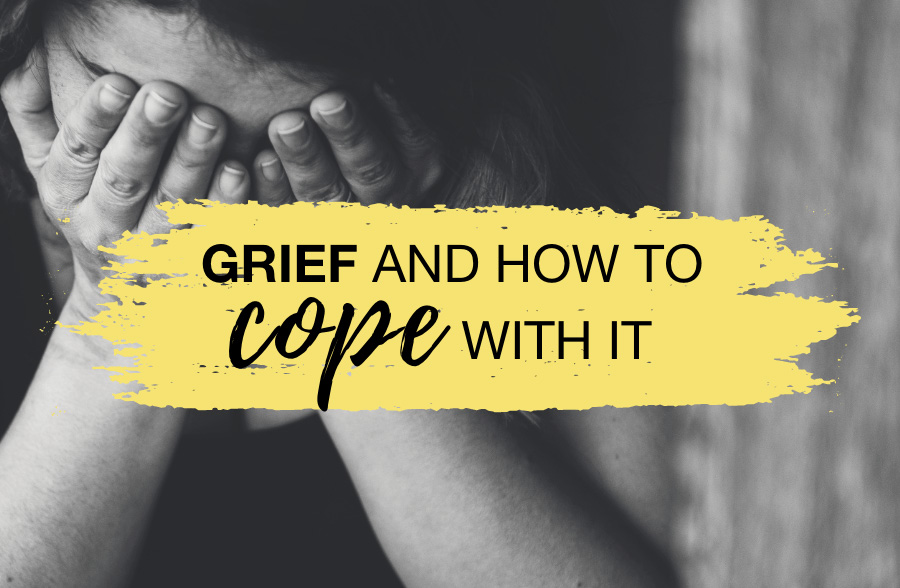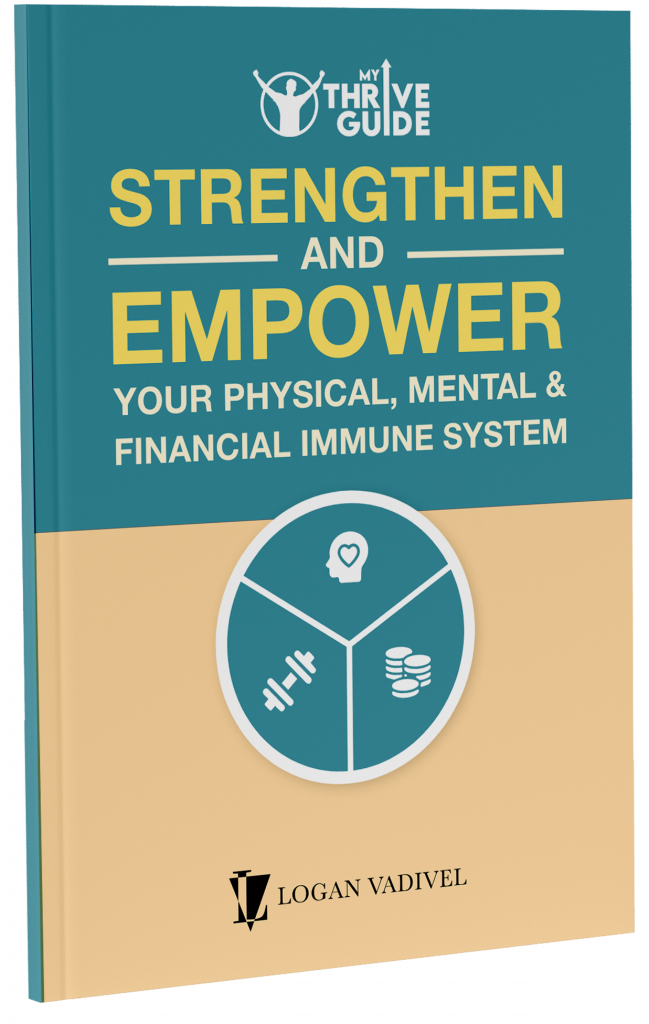It’s rare to come across people who find decision-making easy. Unfortunately, this is something we all have to do, no matter how much we detest it. Decisions can range from trifling issues like what to wear the next morning, or what to have for lunch, and in other cases, we have to make life-changing ones like, where and what to study and whom to marry. Investing in growth opportunities, taking chances that seem right, and other such instances also test our decision-making skills.
Some people seek the easy way out by postponing their decisions or looking up at others to offer their recommendations. You will even notice them taking a vote, flipping a coin, or sticking a pin in a list.
WHAT IS DECISION-MAKING?
Decision-making is a simplified process of choosing between a few different options.
“In any moment of decision, the best thing you can do is the right thing. The next best thing is the wrong thing and the worst thing you can do is nothing.” – Theodore Roosevelt.
In a wider sense of problem-solving, decision-making revolves around choosing possible solutions to problems. Decisions can be made using three things; intuition, reasoning, or a combination of the both.
- Intuition-based decisions.
Intuition is a feeling many people refer to as the ‘gut feeling.’ Although many call it the magical feeling, intuition is a combination of our past experiences and personal values, our perception of life as a whole, and the things we like to believe in. It is worth taking in your intuition because it reflects your wisdom about life. We need to be careful, as intuition is not always based on reality, but on our perceptions. The reason is that gut instinct can falsely proclaim certain perspectives in life leading us to a dead end. Sometimes our gut is resenting a certain decision, but it later turns out to our benefit. Things that happened in our past cannot necessarily shape your future.
It is hence advised to examine your gut feeling closely, especially more if you have a strong inclination about a particular course of action. See if you can find out why you are developing the inclination and if the feeling is justified or not.
- Reasoning-based decisions.
The reasoning is your ability to use facts and real situational awareness to make decisions. Reasoning has its roots in the current situations, more so in here and now based facts. Unfortunately, reasoning rejects all emotional attachments or personal values that may hinder the decision-making process.
It is worth mentioning that intuition is a perfectly acceptable means of making decisions, although it is more beneficial for decisions of simple nature, or the ones that need to be made quickly.
- Intuition and reasoning-based decisions.
For more complicated decisions, you need a more standard and formal approach that includes both intuition and reasoning. They can help you clear out all confusion, and help you come out with the best decision. It is however important to varying impulsive reactions to any situation.
THE 4 DIMENSIONS OF DECISION MAKING.
It is vital to set your mind in a direction, avoid distractions and focus solely on the work. Your mind, body, emotion, and energy should align with each other in your decision-making process. Here are the four important dimensions of decision-making.
i. Motivational and influencing factors.
These are external and internal factors which influence the decisions. To understand this dimension, we need to observe these factors deeply.
ii. Analyzing and thinking.
Great decision-makers aren’t those who spend the time deliberating. Rather, they quickly think and analyze to make the right decision.
iii. Changing and adapting.
Certain decisions we make are irreversible, however many of them can be changed or adapted to suit our requirements. It is best to stick to your decisions once you make them, but that doesn’t mean you have to stick to the bad ones indefinitely.
iv. Support and opinions.
Decision-making also refers to seeking help from experts, consultants, or trusted people. You need to be aware of your natural tendencies and make a decision that is truly yours despite seeking help from others.
EFFECTUAL DECISION-MAKING.
Making decisions is not everything; they should as well be capable of being implemented. If you are not dedicated to your decision adequately, you won’t be able to convince others of its merits. Effectual decision-making, therefore, enables your ability to do the same.
THINGS TO AVOID IN EFFECTIVE DECISION MAKING.
There are many things that can hamper your efforts in effective decision-making. These are:
i. Lack of adequate information.
If you do not have adequate information, you can feel lost while making decisions. You need to pay attention to gathering all the information even if your timescale is tight. This will serve as a basis for your decisions which can later provide justifications. Also prioritize your information gathering, by identifying which information is most crucial to you.
ii. A lot of information.
This is the opposite case, but it is often occurring. Having a lot of conflicting information can be troubling as it becomes impossible to see the wood for the trees.
Instead, try to analyze which information is important to you and which is not. The longer you delay your decision-making, the longer it will take you to implement it.
iii. Involvement of too many people.
Making decisions is hard; harder if you have 20 people on board which will get you 20 different options on a certain topic. Involving too many people in your decision is a tricky job to do. Everyone has their beliefs, views, and values which reflect their opinions. While it is important to give everyone a chance to air their thoughts, it is however important for one person to take responsibility for making a decision.
It so happens that when a group of people is deciding on something, the decision is delayed or in the worst scenario no decision is made.
It is vital to pay importance to your circle about important and crucial decisions in life. It is also better to make a decision than no decision at all.
Before you finalize decisions, you need to understand their outcomes. No matter how much pondering you do, it will have both negative and positive factors. From your perspective, it is important to remain calm when the outburst starts. The decision-making process does not stop when the decision is made; it stops when the results come in. Stay consistent with your decision. Follow your chosen path, because the main factor of decisions not bringing results is getting cold feet in the middle of the journey.
Many of the above-mentioned issues can be handled by using a structured step to step guide to your decision-making process. These steps are crucial to consider.
i. Know what you want.
Before making a crucial decision, be clear about what your aim in life is. What are your desires? What do you want to accomplish with your decision? If the problem you are facing is solved, Will it move you closer to your goal? These are the questions you need to seek answers to so your decision-making process is easier.
ii. Look closely at every option.
The worst possible thing that you can do is rushing your options. Take the time that you have up your sleeves and carefully explore every option. What may seem good at the first glance, may not feel as good upon carefully analyzing the whole situation. Hence, you should stay calm, and unbiased throughout the decision-making process, so you can extract the very best out of every available option.
iii. Consider the consequences.
The consequences will come either way. You need to know and acknowledge them, no matter which way your decision goes. Understand the aftermath of your decisions. Also, keep in mind the factors that can make you regret your decisions. Look ahead before you make your mind. Create 4 to 5 scenarios in your head before the actual thing happens.
iv. Take your decision.
Once you realized your goals, analyzed the options on your table, and considered the consequences, it is now time to make your decisions. No matter how confident you are, there will always be some thoughts nagging you. But when the time comes, you need to be confident, firm, and resilient. Remember the worst decision is to make no decisions.
v. Evaluate your decision.
Once you have decided on a certain option and put it into effect, it is time to evaluate the whole process. When it comes to a thorough evaluation, go back to the whole process and see if you can anticipate any problems along the way. Think ahead. If something is wrong, there is always time to rectify the errors and work your way through them. The worst you can do is making decisions and forgetting about them. Things don’t work this way. Decisions need to be closely monitored and evaluated no matter how small they may seem.
Decision-making is not easy. The more we make, the more confident we become. A lot of confidence can bring complacency, and with it comes trouble. Always keep your game sharp as every decision is different, bringing varying results.
“You can try to make the right decision all the time, but it’s better to just make a decision. I have done wrong so many times, but nine out of 10, I have learned from my failure. Don’t wait for something; just go for it.” – Bobby Brown.








